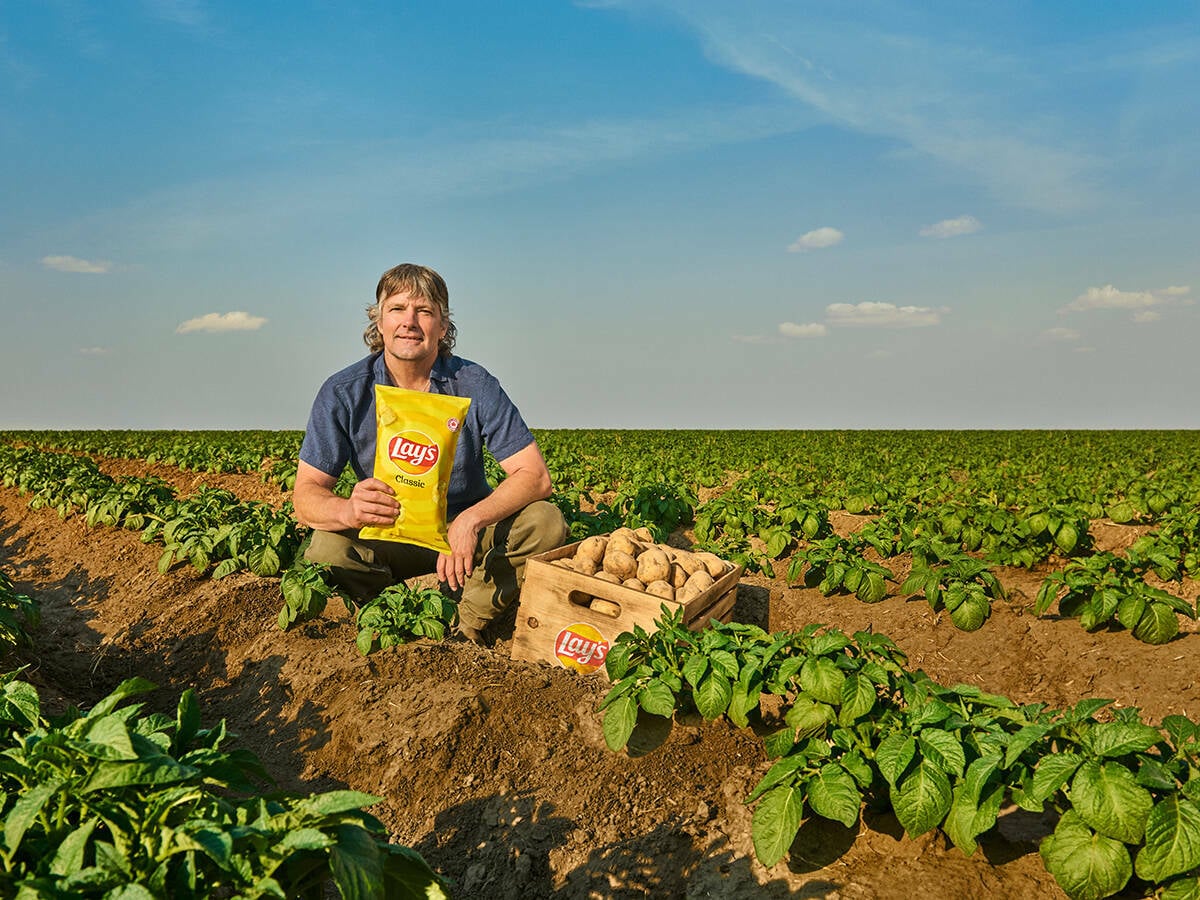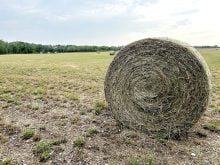Richard Phillips has taken over as president of the Canada Grains Council at a difficult time in his own life and one of rapid change in the grain sector
Richard Phillips was expecting plenty of challenges when he took over as president of the Canada Grains Council.
But July 31, his last day as executive director of Grain Growers of Canada, brought him a challenge he hadn’t expected. His doctor told him he had an advanced case of bladder cancer. What was to have been a quiet summer for him and his wife turned into the agony of surgery and treatments.
By mid-November, he was able to start working part time, but admits his energy fades and the days following a treatment are low points.
Read Also

Alberta farmer invited to World Economic Forum
Southern Albertan farmer’s regenerative agricultural practices featured on panels at Davos where nations come together in partnership.
However, he doesn’t spend much time in an interview feeling sorry for himself and in conversation is soon running through the issues facing the council and grain industry.
His predecessor, Dennis Stephens, focused on major issues such as the presence of genetically modified traits in grain shipments and removing barriers to the international shipments of grain.
For Phillips, the pivotal issue will be the shape of the country’s grain industry now that the Canadian Wheat Board — the face of the Canadian grain industry in many countries — no longer has monopoly over wheat and barley exports.
“We have to take a good look at where we are going,” said Phillips. “There is a real need for us to be co-ordinated so we don’t confuse the customers. They want to buy Canadian grain and not have to be pitched for grain from particular provinces. We have to focus on what’s best for the customer.”
Two new organizations — Cereals Canada and the Barley Council of Canada — have been created this year, and that has implications for the Canada Grains Council, he said.
“We have to sort out the role of the council,” said Phillips. “Is it to be a council of industry councils or does it have another purpose?”
For example, his organization could assist new councils in dealing with research issues and other services to farmers, he said. It also needs to consider how smaller, non-grower members — such as the railways, grain-handling terminals, ports and farm supply companies — might best fit into the scheme of things.
Other issues high on his agenda are the rail transportation system, which has been strained by this year’s bumper crop in Western Canada, and the revamping of the Canadian Grain Commission, which has raised concerns with its plan to increase fees.














